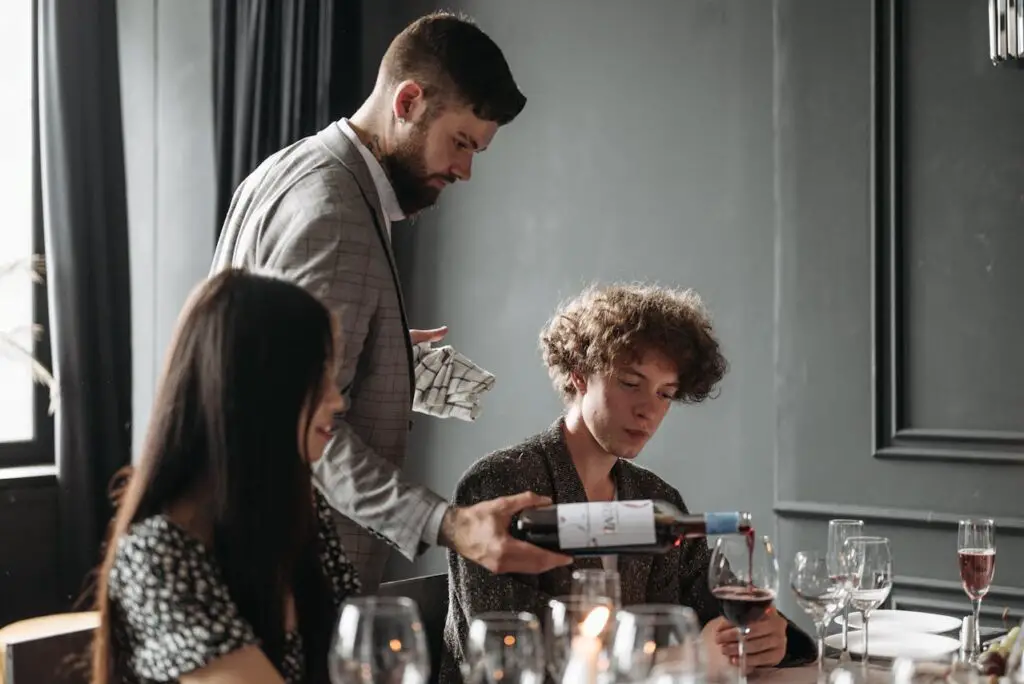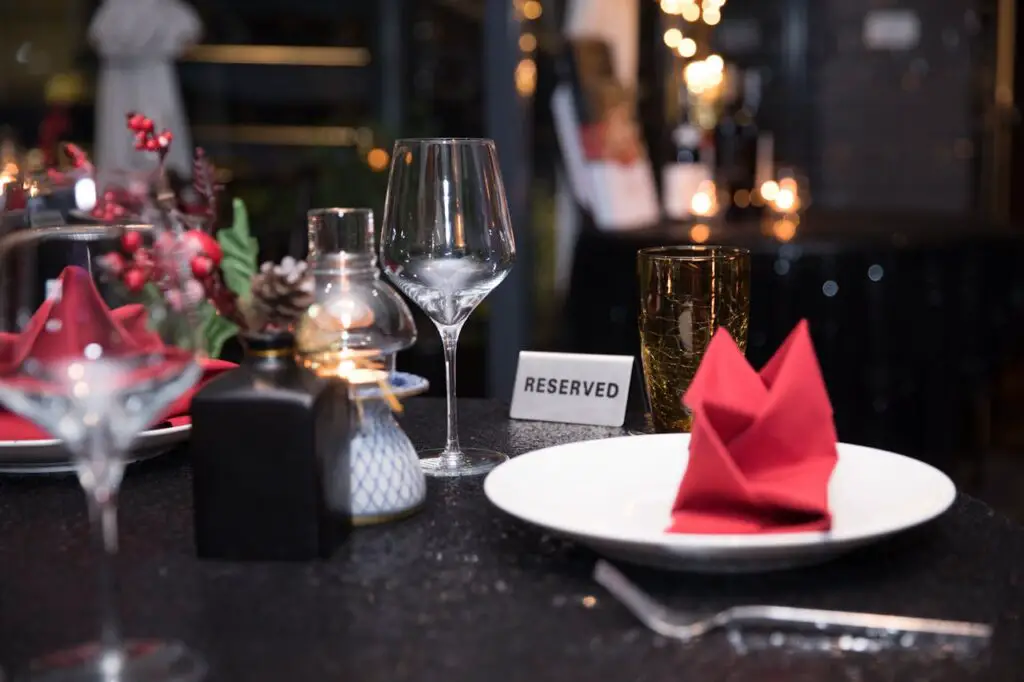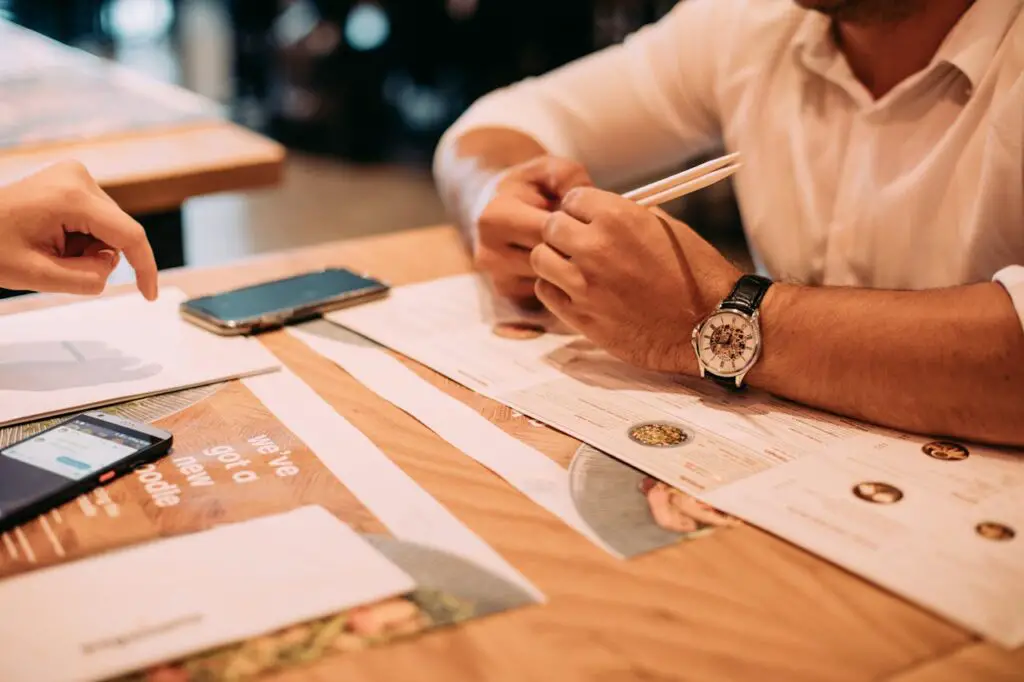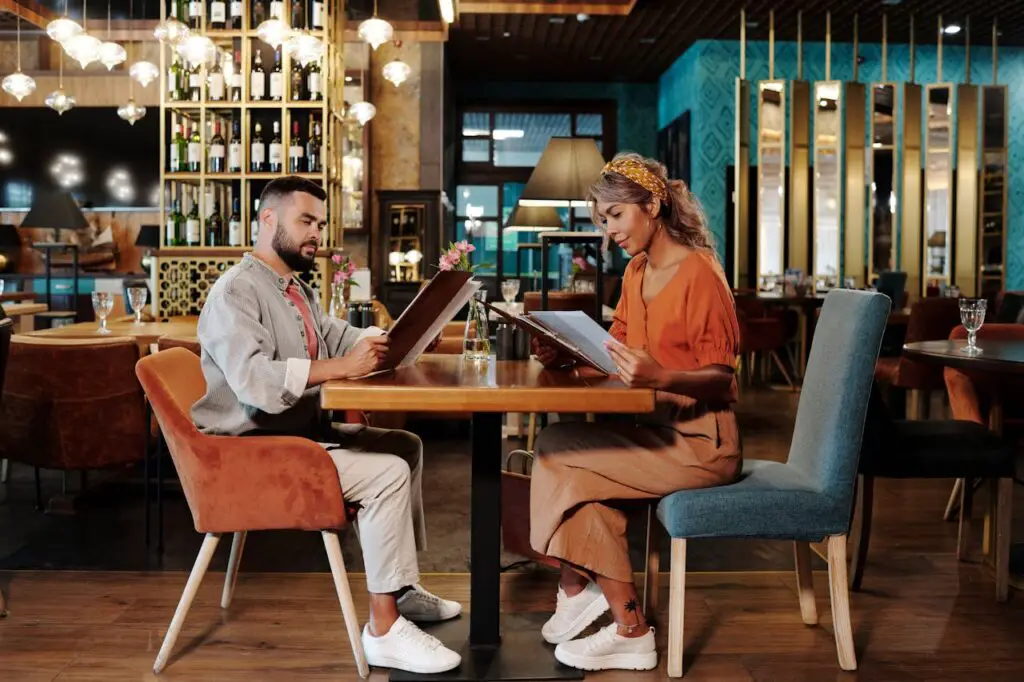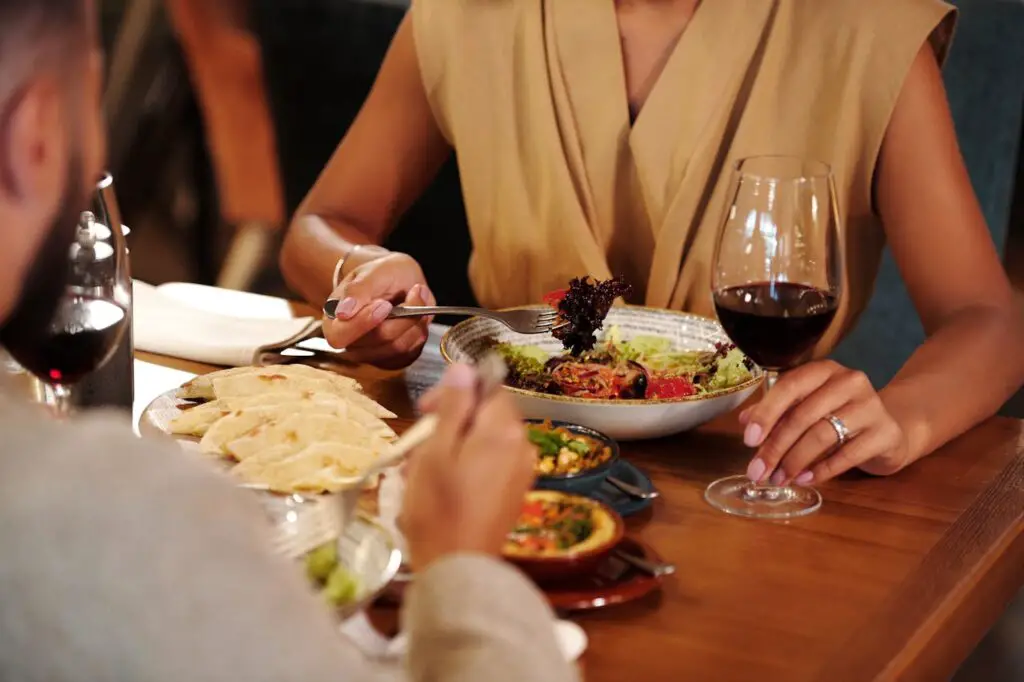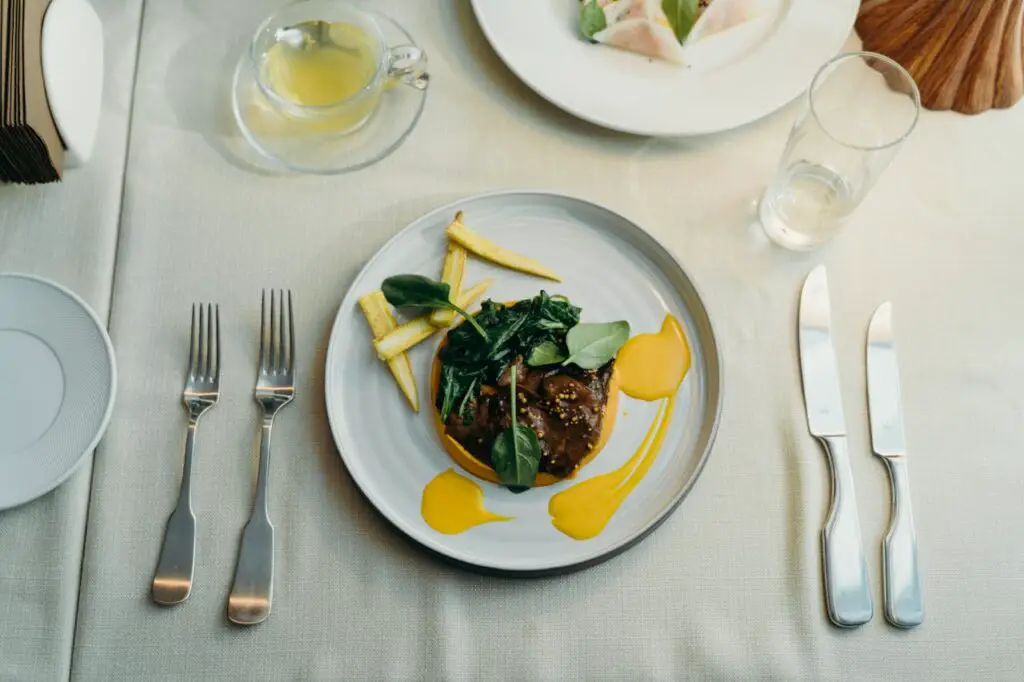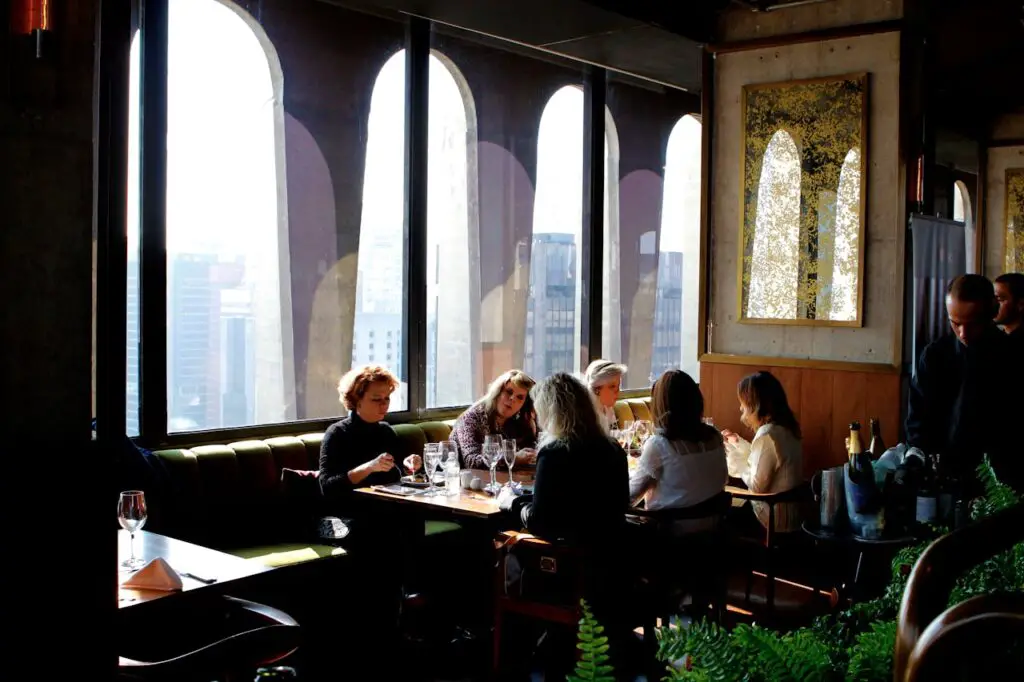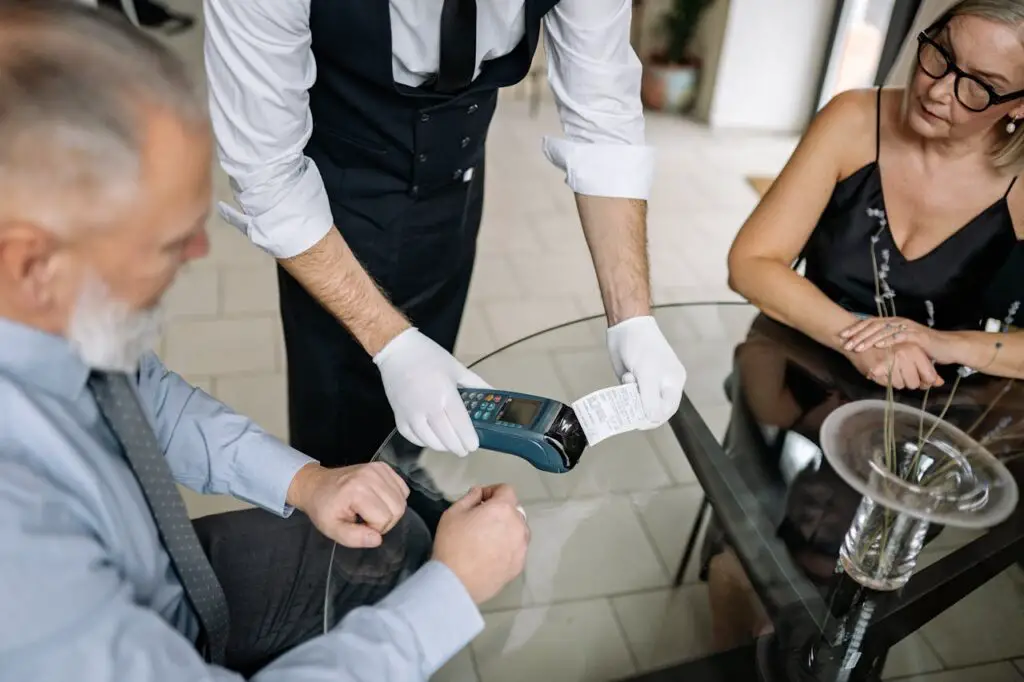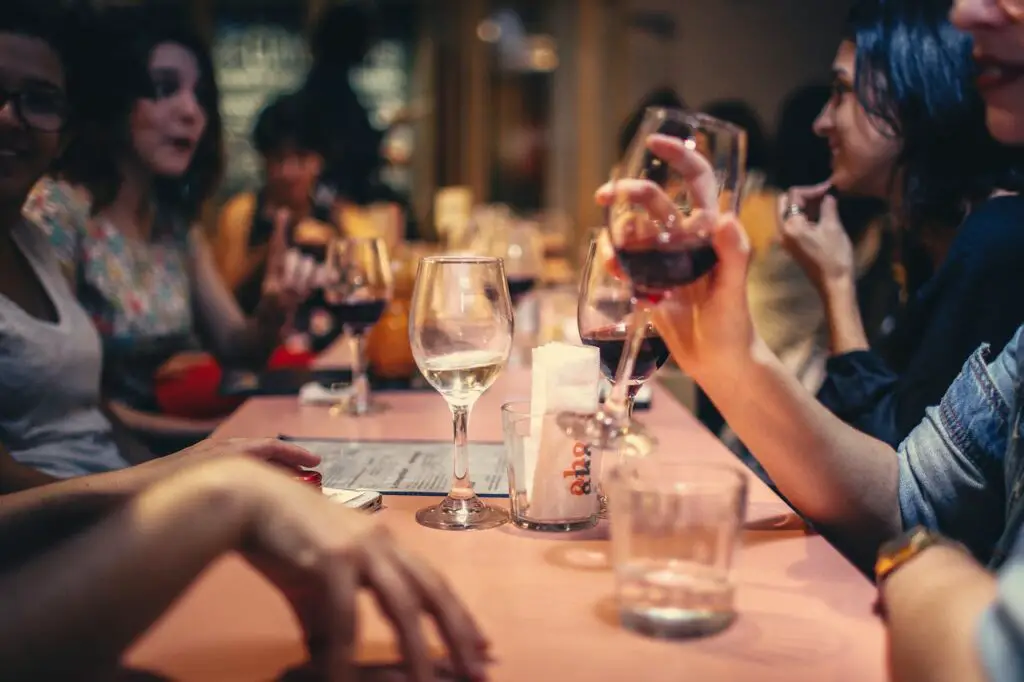Dining out is a wonderful experience, but poor manners can quickly ruin the atmosphere for yourself and those around you. Whether you are at a casual eatery or an upscale restaurant, following proper etiquette shows respect for the staff, other diners, and the overall dining experience. By understanding and practicing these essential restaurant etiquette rules, you can enjoy a smooth, pleasant meal while making a great impression.
1. Always Make a Reservation if Required
If a restaurant accepts reservations, it is best to book a table in advance, especially if you are dining at a popular or fine dining establishment. Walking into a busy restaurant without a reservation can leave you waiting for an extended period or even being turned away. If you do make a reservation, arrive on time and notify the restaurant as soon as possible if you need to cancel or change your plans. Being considerate of the restaurant’s scheduling helps them manage their seating and service efficiently.
2. Dress Appropriately for the Restaurant
Different restaurants have different dress codes, and it is important to dress accordingly. A fine dining restaurant may require formal attire, while a casual café or diner may have a more relaxed dress code. Wearing the appropriate clothing not only shows respect for the restaurant’s ambiance but also helps you feel comfortable and fit in with the setting. If you are unsure about the dress code, check the restaurant’s website or call ahead to confirm their expectations.
3. Be Polite to the Host and Waitstaff
The way you treat restaurant staff says a lot about your character. Greet the host warmly and always be courteous to your server. Avoid snapping fingers, whistling, or shouting to get their attention. Instead, make eye contact or gently raise your hand if you need assistance. Being respectful and patient with the staff ensures you receive better service and creates a more enjoyable atmosphere for everyone in the restaurant.
4. Put Your Phone Away at the Table
Constantly checking your phone, texting, or taking loud calls at the table is distracting and inconsiderate to both your dining companions and other patrons. While a quick glance at your phone may be acceptable, extended screen time takes away from the dining experience. If you must take a call, excuse yourself and step outside to avoid disturbing others. Keeping phone use minimal shows respect for those dining with you and enhances the overall experience.
5. Do Not Overcomplicate Your Order
While it is fine to make small modifications to your meal, excessive customization or demanding special requests can be frustrating for the kitchen staff. Try to order from the menu as it is, and if you have dietary restrictions, kindly inform the server in a reasonable manner. Being overly picky or difficult about your order can slow down service and create unnecessary stress for the restaurant staff, ultimately affecting the quality of service.
6. Wait for Everyone to Be Served Before Eating
Proper dining etiquette dictates that you wait until all guests at your table have received their food before you begin eating. This shows respect and consideration for your dining companions, making the experience more enjoyable for everyone. If one person’s meal is significantly delayed, they may give permission for others to start eating, but in general, it is polite to wait so that everyone can begin together.
7. Use Your Utensils Properly
Understanding basic utensil etiquette can make a big difference in how you present yourself at a restaurant. In formal settings, always use utensils from the outside in, following the course sequence. When pausing, place your knife and fork in a resting position parallel to each other on the plate. If you are finished, position them together at an angle on your plate. Avoid waving utensils while talking, and unless the food is meant to be eaten with hands, always use the provided cutlery.
8. Keep Your Voice at a Reasonable Volume
Restaurants can be lively places, but that does not mean you should contribute to excessive noise. Loud conversations, shouting, or laughing too boisterously can disrupt the dining experience for others. Keep your voice at a moderate level and be mindful of the ambiance. If you are dining with a large group, ensure your conversations do not overpower the entire room, as other patrons are also trying to enjoy their meals.
9. Do Not Reach Across the Table
Stretching across the table to grab something can be disruptive and impolite. Instead of reaching, politely ask someone to pass what you need. If an item is out of reach, a simple “Could you please pass the salt?” is far more appropriate than stretching your arm across someone’s plate. This small but essential rule helps maintain order, prevents accidental spills, and keeps the dining experience refined.
10. Be Mindful of Table Space and Cleanliness
Keeping your dining area tidy and organized is an important part of proper restaurant etiquette. Avoid spreading personal items such as phones, wallets, and keys all over the table. Napkins should be placed on your lap while eating, and any spills should be addressed quickly with minimal disruption. If you make a mess, do your best to clean up after yourself, as it shows respect for both the restaurant staff and your dining companions.
11. Tip Generously and Appropriately
In many countries, tipping is expected as a way to show appreciation for good service. Standard tipping rates typically range from 15 to 20 percent of the total bill, depending on the service quality. If your server went above and beyond to make your dining experience exceptional, consider tipping on the higher end. Neglecting to tip in regions where it is customary can be seen as disrespectful to the hardworking restaurant staff who rely on gratuities for their income.
12. Do Not Linger Too Long After Finishing Your Meal
While it is completely fine to enjoy your meal at a comfortable pace, occupying a table long after you have finished eating—especially in a busy restaurant—can prevent new customers from being seated. If the restaurant is crowded or closing soon, it is considerate to settle your bill and leave in a timely manner. Lingering too long can inconvenience the staff, delay table turnovers, and disrupt the flow of service for other diners.
Final Thoughts
Following these restaurant etiquette rules ensures a smooth, enjoyable dining experience for yourself and those around you. Whether you are at a casual eatery or an upscale restaurant, good manners show respect for the staff, your dining companions, and the overall ambiance of the establishment. By practicing these simple yet essential guidelines, you can elevate your dining experience and leave a positive impression wherever you go. A well-mannered diner contributes to a more pleasant atmosphere, making restaurant visits enjoyable for everyone involved.

